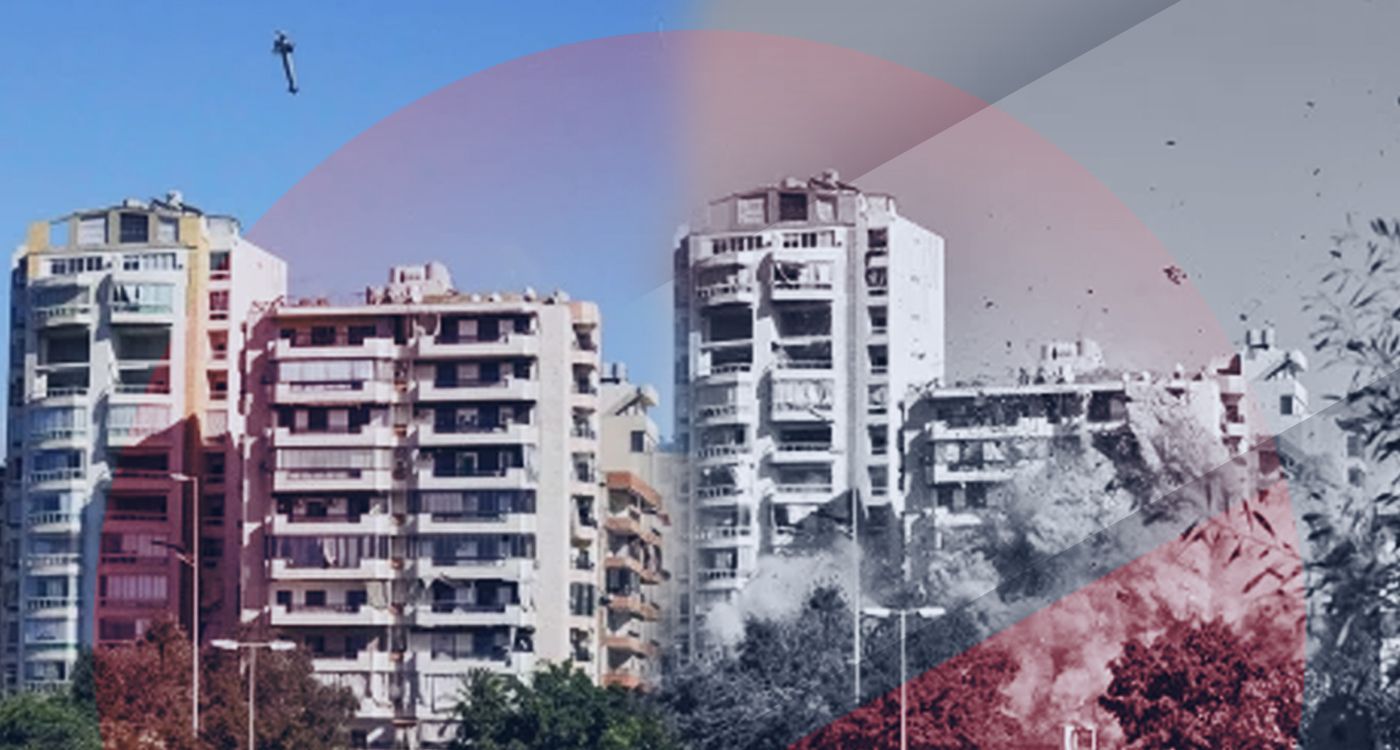
Before October 8, Lebanon was just beginning to emerge from its economic stagnation. The unilateral and illegitimate launch of the "support war" plunged the country into poverty and devastation — for no reason. Everyone recalls the Lebanese fleeing the country in August, bringing a long-anticipated revival to an abrupt end.
Before, the people of southern Lebanon lived peacefully in their homes. Now, some sixty villages lie destroyed and out of reach.
Before, negotiations with Israel centered on 13 disputed points along the border. Today, it is uncertain whether Lebanon will regain any of its territory.
Before, sectarian tensions were kept in check. Today, the ceasefire, which is nothing more than a clear and simple surrender by the pro-Iranian militia despite the empty slogans of illusory "victories," is more fragile than ever. The majority of the Lebanese are not fooled and are holding Hezbollah accountable.
Before, the images of "martyrs" that gave Beirut a Tehran-like atmosphere were criticized but still imposed. Today, the vast majority of the population can no longer tolerate this propaganda.
Before, fear silenced the pro-sovereignty advocates. Today, voices are rising everywhere, saying: enough is enough.
Before, the presidential election was hijacked and blocked in an attempt to destabilize the country and take control. Today, the prospect of a new president in Baabda is starting to take shape.
Before, the equation of people, army, and resistance was the official doctrine, repeated like a slogan by robots akin to those in North Korea. Today, only the national army can shoulder the responsibility of salvation. The presence of a second army, under Iran's command, is no longer tolerated.
Before, "the balance of terror" was presented as the ultimate deterrent to war. Today, everyone recognizes that this was entirely misleading.
Before, the country was open to the winds of immigration, all kinds of trafficking and impunity. Today, international oversight, if not outright guardianship, is on the verge of being implemented.
The problem is that the key players, Hezbollah’s hardliners, pretend — and make others believe — that there is no before and after. Yet, things have changed.
The war could break out again at any moment, and it could be even more violent. Hezbollah now faces a dilemma: either it agrees to lay down its arms, as outlined in the ceasefire agreement, or it will be decisively defeated if fighting resumes.
Before, miscalculations and strategic errors led to a devastating war. What will happen next?
Einstein once said, "Insanity is doing the same thing over and over again and expecting different results." In Lebanon, insanity is always an option.




Comments